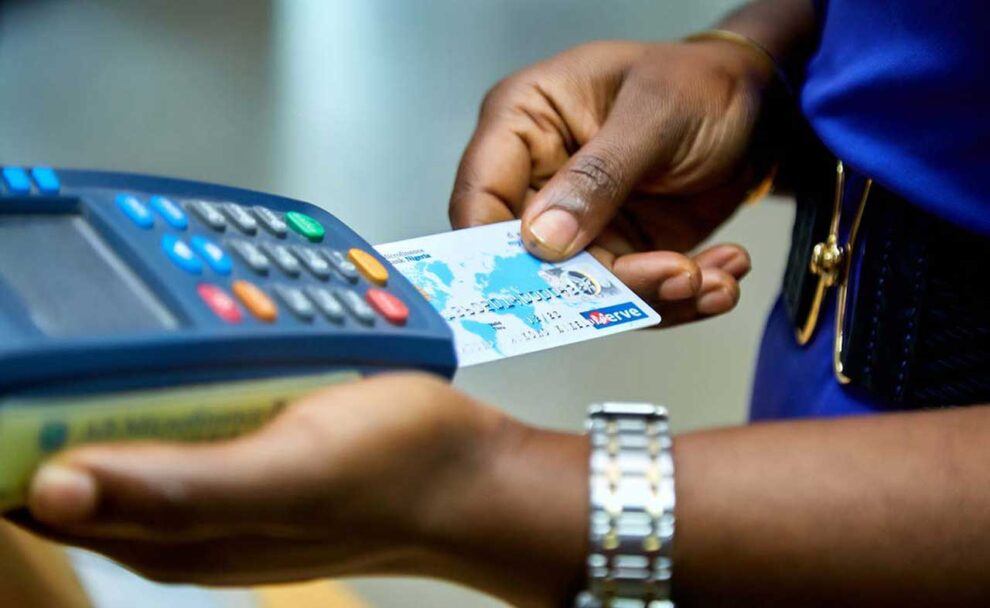Nigeria has brought more of its citizens into the financial system but remains far from its goal of getting 95% of the population fully banked by 2024, according to a new report.
The percentage of adult Nigerians with formal financial services — including bank accounts, insurance and mobile money — rose to 64% in 2023 from 56% in 2020, according to EFInA, a UK government-backed firm working to deepen financial inclusion in the West African country. But just 52% have a bank account, and more comprehensive adoption is hampered by widespread poverty in Africa’s most populous country.
“Nearly 50% of adults have no financial account because they have no income,” the group said in a report released Friday and funded by the Bill & Melinda Gates Foundation. The government needs to adopt complementary policies that tackle endemic poverty and make social investments in “education, vocational skills, entrepreneurship, health,” it said.
Nigeria has struggled for nearly a decade to revive an economy hit by flagging crude revenue and an acute dollar shortage. Nearly two-thirds of its 200 million people are multi-dimensionally poor, meaning they lack access to food, health and education.
The central bank’s decision to redesign the naira and take excess cash out of the system, along with approving telecom providers to offer financial services helped drive the recent increase, EFInA said.
However, “the rapid growth of access to payment is not translating to significant improvement in access to credit, savings pensions, and insurance where the social impact of financial inclusion would be bigger,” the group said. Just 3% of adults have insurance policies in 2023, unchanged from 2020, while 8% are contributing to a regulated pension program, the same as three years ago, it said.
Source: BNN Bloomberg











